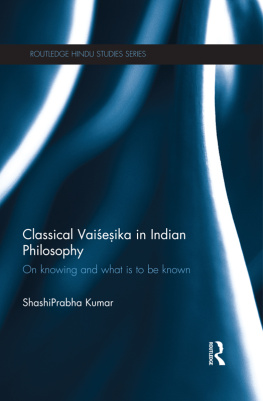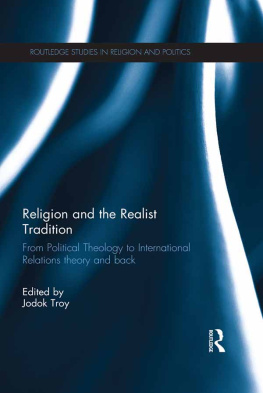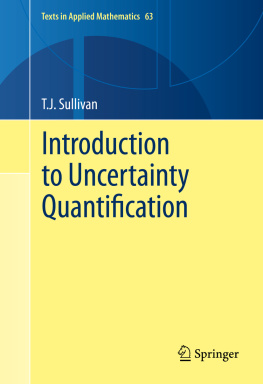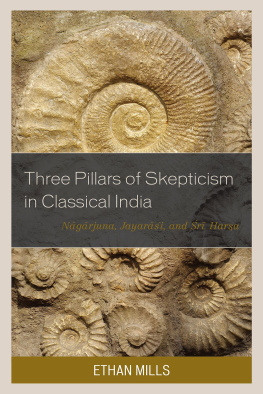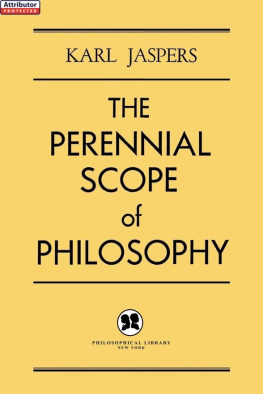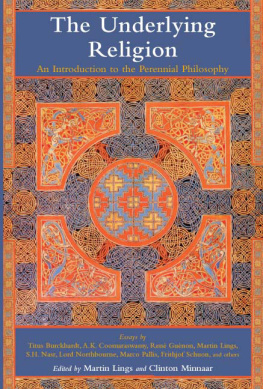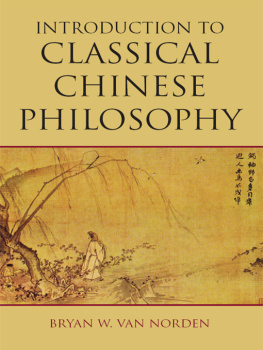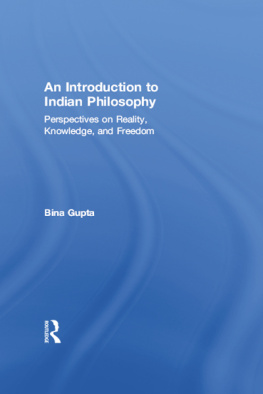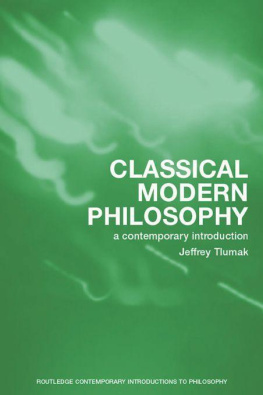Daniel J. Sullivan - An Introduction to Philosophy: Perennial Principles of the Classical Realist Tradition
Here you can read online Daniel J. Sullivan - An Introduction to Philosophy: Perennial Principles of the Classical Realist Tradition full text of the book (entire story) in english for free. Download pdf and epub, get meaning, cover and reviews about this ebook. year: 2017, publisher: TAN Books, genre: Science. Description of the work, (preface) as well as reviews are available. Best literature library LitArk.com created for fans of good reading and offers a wide selection of genres:
Romance novel
Science fiction
Adventure
Detective
Science
History
Home and family
Prose
Art
Politics
Computer
Non-fiction
Religion
Business
Children
Humor
Choose a favorite category and find really read worthwhile books. Enjoy immersion in the world of imagination, feel the emotions of the characters or learn something new for yourself, make an fascinating discovery.

- Book:An Introduction to Philosophy: Perennial Principles of the Classical Realist Tradition
- Author:
- Publisher:TAN Books
- Genre:
- Year:2017
- Rating:4 / 5
- Favourites:Add to favourites
- Your mark:
- 80
- 1
- 2
- 3
- 4
- 5
An Introduction to Philosophy: Perennial Principles of the Classical Realist Tradition: summary, description and annotation
We offer to read an annotation, description, summary or preface (depends on what the author of the book "An Introduction to Philosophy: Perennial Principles of the Classical Realist Tradition" wrote himself). If you haven't found the necessary information about the book — write in the comments, we will try to find it.
Daniel J. Sullivan: author's other books
Who wrote An Introduction to Philosophy: Perennial Principles of the Classical Realist Tradition? Find out the surname, the name of the author of the book and a list of all author's works by series.
An Introduction to Philosophy: Perennial Principles of the Classical Realist Tradition — read online for free the complete book (whole text) full work
Below is the text of the book, divided by pages. System saving the place of the last page read, allows you to conveniently read the book "An Introduction to Philosophy: Perennial Principles of the Classical Realist Tradition" online for free, without having to search again every time where you left off. Put a bookmark, and you can go to the page where you finished reading at any time.
Font size:
Interval:
Bookmark:

Nihil Obstat :
John A. Schulien, S.T.D. Censor Librorum
Imprimatur :
Albert G. Meyer Archbishop of Milwaukee
January 26, 1957
Copyright 1957 by The Bruce Publishing Company, Milwaukee.
Reprinted in 1992 & 2009 by TAN Books.
ISBN: 978-0-89555-469-7
Library of Congress Catalog Card No.: 92-60955
Cover design by Milo Persic. milo.persic@gmail.com.
Cover image: column detail from archeological site in Antalya, Turkey imagedepotpro, istockphoto.
Printed and bound in the United States of America.
TAN Books
Charlotte, North Carolina
www.TANBooks.com
2012
To the memory of
E MMANUEL C. C HAPMAN
C ONTENTS
F OREWORD
Intended as a first introduction to philosophy, for the general reader as well as for the student, the primary purpose of this book has been to present the elements of philosophy with simplicity and clarity. To this end we have begun with the study of philosophy in its primitive historical setting, tracing the evolution of philosophical problems from their simplest origins. We have tried also to use as far as possible the vocabulary and forms of everyday speech, preferring to sacrifice some of the precision and refinement which a technical vocabulary makes possible for the literary and pedagogical advantages of a more familiar language.
Since the average reader usually comes to philosophy for the first time from a predominantly literary background, a second aim of this work has been to smooth the transition from the realm of literary imagery to the world of philosophical abstractions. This consideration has dictated the sequence of the parts following the historical introduction, which begin with the more immediate and concrete problems about man himself and extend to problems of a more remote and abstract naturean order that parallels at least roughly the natural order of interest and discovery. Other sequences are possible. Some teachers might prefer, for example, to place the sections on the philosophy of nature and metaphysics before the sections on man and his destiny, as being a more logical order. The parts are sufficiently self-contained to allow a wide flexibility on this point.
Working in the great classical, realist tradition of Plato, Aristotle, Augustine, Aquinas, and their modern-day inheritors, we have tried to expose the perennially valid and vital principles of philosophy in a contemporary setting as well as in a contemporary idiom. By emphasizing its profound moral and social implications we have sought to demonstrate to the student that philosophy is a good deal more than a classroom exercise. Since, too, this work is intended for use by Catholic students, we have not hesitated, particularly in the field of ethics, where the purely philosophical answers would be incomplete, to point out how the conclusions of philosophy may be complemented by the truths of revelation. We feel, moreover, that this is consistent with the tradition of the perennial philosophy, which, while scrupulously guarding the distinction between natural and revealed wisdom, envisages their union in the whole man.
Since this book is an introduction it makes no claim to completeness. Neither, for many of the problems raised, has any attempt been made at anything like a final solution. We have thought it sufficient to arouse that sense of wonder which Aristotle says is the beginning of philosophy, for we are confident that once the beginner glimpses the fascination of divine philosophy he will not withhold the effort that its study calls for.
A work of this general nature inevitably owes a great deal to others, and the writer is only too conscious of his debt to his teachers, those who have taught him from books as well as in the classroom, and to his colleagues and students over the years. Particular thanks are due to the many publishers and authors who have so generously given permission to quote from their works. The writer is grateful also to Fordham University for the sabbatical year which made the completion of this work possible. Special thanks are due to Father Joseph Hassett, S.J., and to Dr. William Dunphy who read parts of the manuscript and whose criticisms were most valuable; to the editors of The Bruce Publishing Company for their most helpful suggestions; to Dr. Howard and Dorothy Lowensten for their unfailing and generous encouragement; and to my sister, Margaret Cullen, for her indispensable assistance in the preparation of the manuscript.
S CHOOL OF E DUCATION
F ORDHAM U NIVERSITY
December 5, 1956
I NTRODUCTION
C HAPTER 1 
What Is Philosophy?
Wonder is the feeling of a philosopher, and philosophy begins in wonder .
P LATO , T HEAETETUS , 155
It is owing to their wonder that men both now begin and at the first began to philosophize .
A RISTOTLE , M ETAPHYSICS , I, 2.
U ntil late in the history of our race the reason of man tended to be under the sway of his senses and imagination and the accounts given to explain the universe took for the most part the form of myth and legend. The Greeks alone among the peoples of antiquity succeeded in recognizing the difference between a purely rational explanation of things as distinct from mythical, poetical, or religious explanations. Those among them who displayed great gifts in the intelligent manipulation of the forces of nature and in tracing out the reasons for things were called wise men.
The earliest meaning of wisdom is very broad and refers to the cultivation of learning in general. The word sophia covered all we mean by science and a good deal more besides, such as the art of making pontoons and guessing riddles.be different from the inquiry into how to do something. Particular fields of investigation, too, came to be separated out into special, self-contained branches of study such as geometry, physics, biology. The term wisdom ultimately was reserved for the study of things in their deepest and most general aspects: speculation about the fundamental reality of things, where things come from, why there is anything, and similar questions.
The Origin of the Term Philosopher
The word philosopher is traced back to Pythagoras, a famed sage who founded a community of scholars in southern Italy in the sixth century before Christ. Pythagoras is supposed to have disclaimed the title sophist, or wise man, for the reason that no man, but only God, is wise. Since the goal of perfect wisdom is beyond the attainment of mortal man, it is more fitting that one who searches after wisdom be called a philosopher, a lover of wisdom, rather than a wise man. Later men of learning also emphasized the disparity between true wisdom and human wisdom: Only God is really wise, said Socrates at his trial. Not until the time of Aristotle, though, does the term philosophy take on a technical meaning, setting it off as a special branch of learning distinct from other kinds of investigation.
To understand what philosophy is in the strict, technical sense requires a knowledge of philosophy. It is impossible, therefore, to start with a definition of philosophy in the strict sense which will have much meaning for one who is just beginning his study of philosophy. For the present we will content ourselves with the most general description of what philosophy is, leaving the formulation of a precise definition to the end of our work after we have examined just what philosophy does.
The Meaning of Philosophy In the Wide Sense
The numerous schools of philosophy that have arisen have offered many different explanations of what philosophy is. Most of them agree, though, that it is concerned with the broad view of things.
Next pageFont size:
Interval:
Bookmark:
Similar books «An Introduction to Philosophy: Perennial Principles of the Classical Realist Tradition»
Look at similar books to An Introduction to Philosophy: Perennial Principles of the Classical Realist Tradition. We have selected literature similar in name and meaning in the hope of providing readers with more options to find new, interesting, not yet read works.
Discussion, reviews of the book An Introduction to Philosophy: Perennial Principles of the Classical Realist Tradition and just readers' own opinions. Leave your comments, write what you think about the work, its meaning or the main characters. Specify what exactly you liked and what you didn't like, and why you think so.

